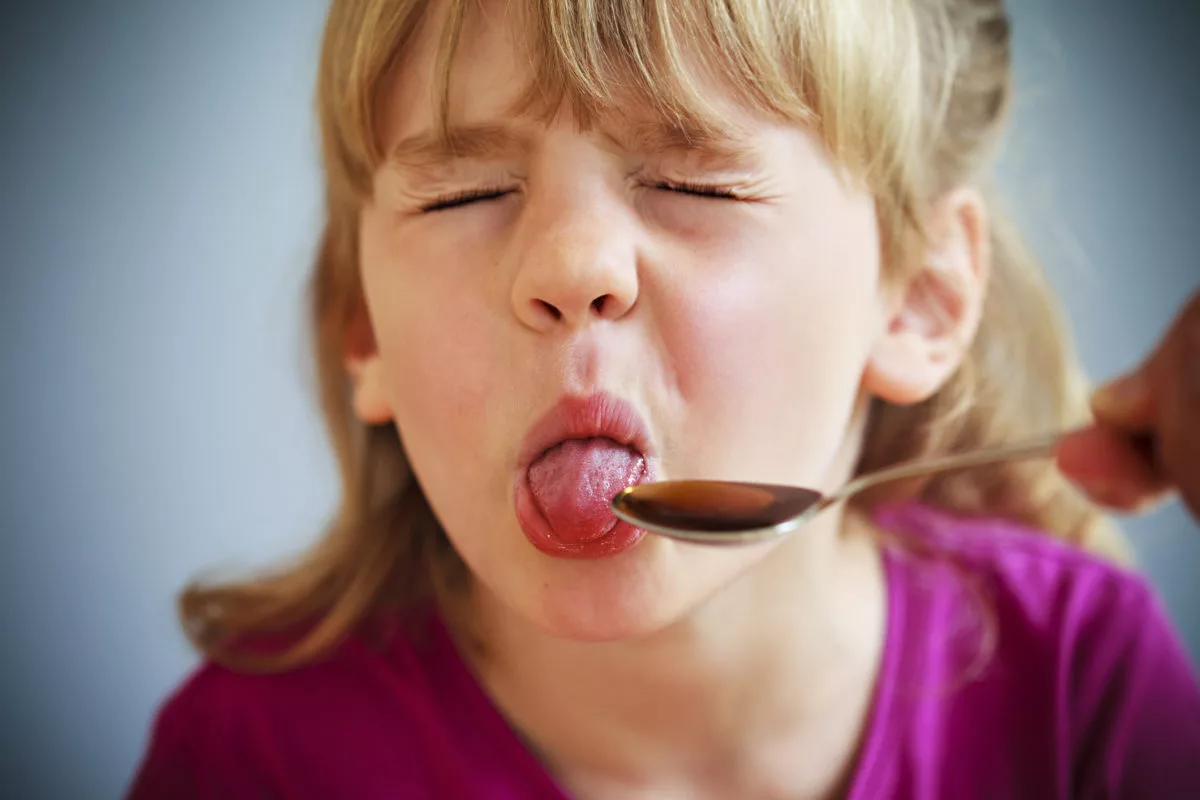
Nobody likes to consume a bitter-tasting medicine, especially children. There is a reason for it. Children’s tastebuds are more sensitive to bitter tastes, which makes swallowing a tablet much more difficult. The problem occurs when a kid dealing with a life-threatening illness simply refuses to take the medicine essential to save their life. So, why does medicine taste bad for children? And is there a remedy?
Luckily, there is a solution, and a compounding pharmacist can alter the taste of the medicine to make it taste better and save a patient’s life.
Contribution of Dr. Jeremy Bartlett
A few years ago, a group of pediatric cancer patients refused to take a drug that was tested in the form of an oral solution. The patients said that the medicine tasted spicy, almost like tabasco. The problem was that these patients were critically ill, and the potential drug was the only thing that could help keep them alive.
The situation was presented as a challenge to Dr. Jeremy Bartlett, who is an associate research fellow with Pfizer Drug Product Design in Groton, Connecticut. As per Dr. Bartlett, “This drives me with a passion. We have potential medicines, but need to mask their taste profiles so that pediatric patients may be more willing to take them.”
For the past four years, it has led to a Pfizer initiative working with a broad multidisciplinary team to create better-tasting medicine for kids. Around 90 percent of pediatricians report that the taste of the drug is the biggest barrier to completing children’s treatment. That is a critical situation that needs to be tackled. Luckily, compounding pharmacists have played a part in making medicines taste better and competing for children’s treatments.
Molecules to Medicines
Researchers spend years discovering all different kinds of molecules that can treat and cure illnesses. But very little time in determining how these molecules will be delivered to the patient in the form of a potential medicine. That is where drug product design comes into play. It covered everything from formulating controlled resealed tablets and oral solutions to transdermal patches. Dr. Bartlett specializes in ensuring that a drug is safe and effective to be delivered to patients.
When it comes to creating medicines for kids, it isn’t as simple as taking an adult medicine and adding berry flavor to it. It isn’t a vice to treat kids as older adults when it comes to medicine. They have very different metabolisms, stomach sizes, transit times of medicines, and responses. All these elements come into play when designing perfect medicines for kids.
The Balance of Flavor
The drug product designers are working tirelessly to formulate the right balance of flavor, which brings us back to our original question: why does medicine taste bad for kids?
Why Does Medicine Taste Bad for Kids?
Believe it or not, children are more sensitive to flavors than adults. Moreover, 10 percent of the children have elevated taste receptors that could make a particular drug acceptable to the majority but not to those 10 percent of children. Formulating drugs for global consumers come with its own set of challenges. For instance, a banana-flavored medicine might be popular for kids in the US but not in Asia.
For the past years, Bartlett and the team have been working tirelessly to resolve the issue of pediatric drugs. According to them, the best flavor is no flavor, just like water. Making medicine taste like water would be the ultimate solution, but it will take a long time for the solution to come into practice. As per Bartlett:
Poor Taste and Irritation – Elimination
Dr. Bartlett and his colleagues are working on a new innovation in drug product design. The new taste-neutral drugs are tiny spheres that are used as oral multiparticulates. Each sphere is covered with a tasteless barrier membrane that prevents the release of drugs into the mouth. It prevents the drug from interacting with taste receptors in children, which eliminates the problem of poor taste and irritation in kids.
One dose of this type of drug might contain thousands of od multiparticulates that will be packed in a sprinkled capsule, sachet, or stick pack. These multiparticulates won’t feel gritty or unpleasant and will travel smoothly through the mouth, resulting in a pleasant experience. While this seems like a lot of effort, Dr. Bartlett and the team have formulated a new pediatric drug which is still in the clinical testing phase. He said, “It’s a long process that takes time and resources, but our whole team is focused on getting medicines to the kids who need them,… A potentially significant improvement over where we were, and so far no complaints.”
As we know that creating a new type of drug is more than coating a pill with sugar, especially if you are dealing with a super picky eater or taster.
What is the Solution to a Massive Revolution?
Until neutral-tasting drugs come into the market and are widely available, we all need an alternative to bitter-tasting drugs. Compounding pharmacists can help you out immensely in this regard. They cannot only change the formulation to suit your kid but also add flavoring to the medicine, which makes the process of medicine administration much easier. Compounding pharmacists work with the pediatrician to ensure your child is getting the right dosage.
We hope you found this post informative and helpful! If you have any questions, leave them down in the comments section below or visit Burt’s RX online, and we will get back to you shortly.

 info@burtsrx.com
info@burtsrx.com
